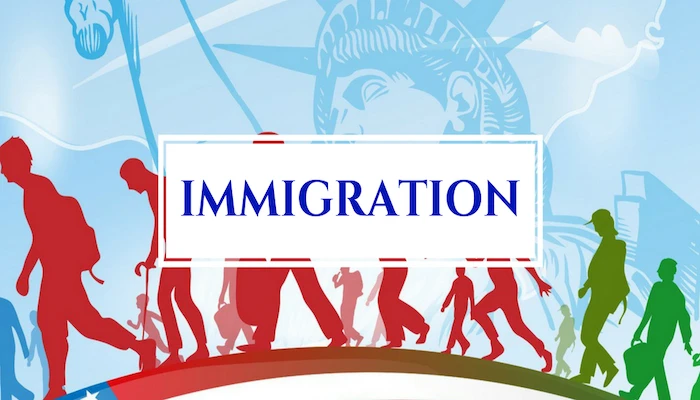Once a rare and symbolic act, relinquishing U.S. citizenship has surged in recent years, with many expatriates citing practical financial and legal challenges as their primary motivation. According to a new Boundless report, annual renunciations skyrocketed from an average of 200–400 cases before 2009 to a peak of 6,705 in 2020—a trend that has remained elevated in subsequent years.
Key Drivers Behind the Surge
The increase is largely attributed to complex U.S. tax laws and foreign banking restrictions, particularly the Foreign Account Tax Compliance Act (FATCA), enacted in 2010 and fully implemented by 2014. However, broader dissatisfaction with U.S. policies and political climate has also contributed to the growing trend.
Who’s Renouncing—And Why?
Long-Term Expats & Dual Nationals: Most renunciations involve Americans who have lived abroad for years, often middle-income earners with citizenship in another country.
“Accidental Americans”: A growing segment includes individuals unaware of their U.S. citizenship until foreign banks flagged them under FATCA compliance rules.
Global Comparison: The U.S. ranks sixth in renunciation rates per capita and second in total renunciations among developed nations. Unlike other countries—where military service or weak emotional ties drive exits—American renunciations stem primarily from financial and bureaucratic burdens.
Policy Implications & Data Delays
The sustained rise in citizenship relinquishments raises concerns about U.S. tax enforcement, banking compliance, and the perceived value of American citizenship in an increasingly globalized world.
However, tracking real-time trends is difficult: official renunciation data lags by 12–18 months due to administrative processing. As a result, any potential shifts in renunciation rates during a new presidential term won’t be reflected until 2026.
The Bottom Line
For many expatriates, renouncing citizenship isn’t a political statement but a pragmatic response to cumbersome financial regulations. As cross-border living becomes more common, the U.S. may need to reassess whether its policies align with the realities of its overseas citizens—or risk further declines in global citizenship retention.
Related topics:
- What Is the Asylum Process? A Step-by-Step Guide
- What Are the Consequences of Marrying an Illegal Immigrant
- What Are the Different Immigration Status


